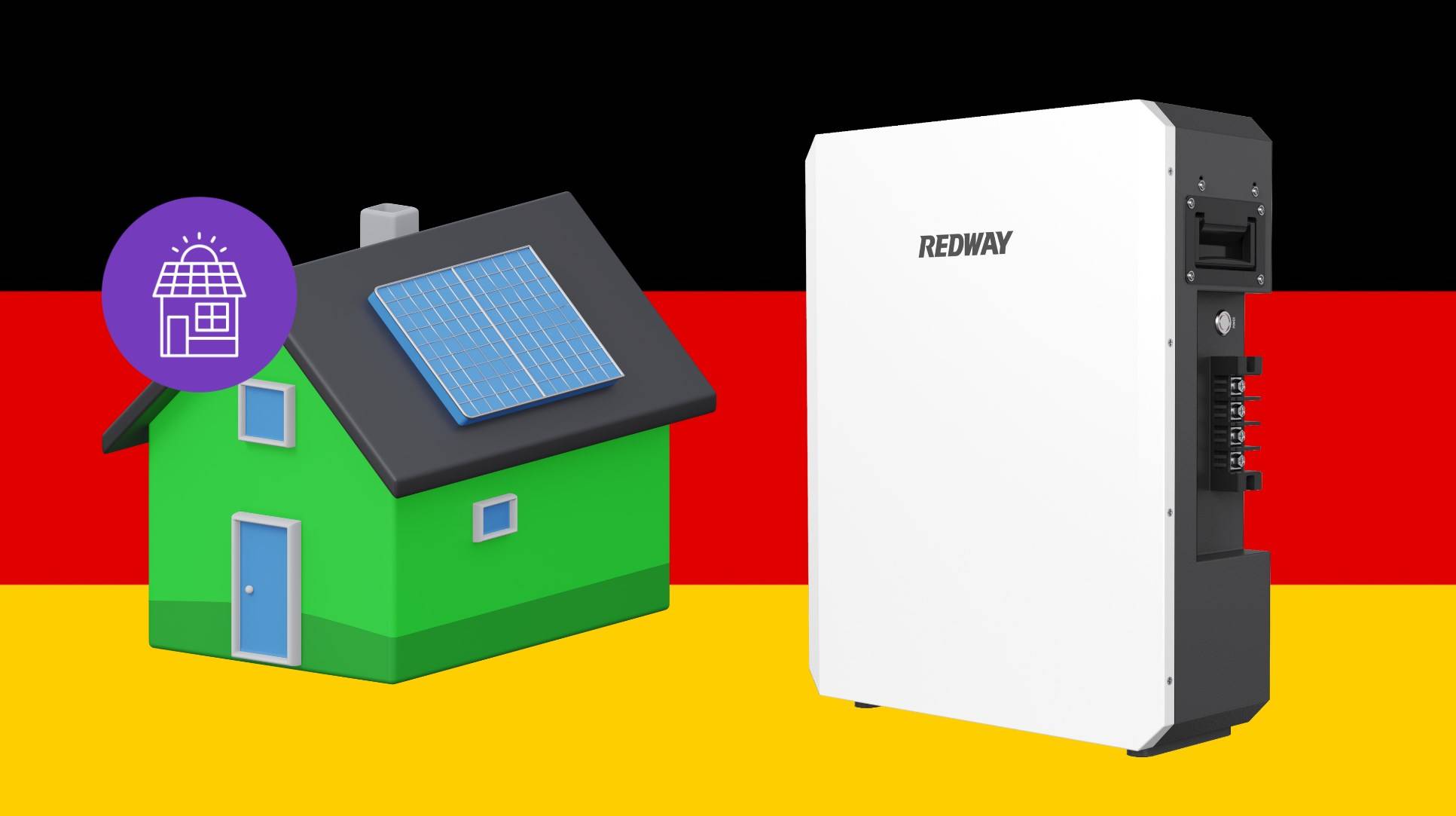Germany offers a variety of solar incentives designed to promote the adoption of renewable energy sources, making solar installations more accessible and affordable for homeowners and businesses. Understanding these incentives, along with their pros and cons, is essential for anyone considering solar energy investments.
What are the main solar incentives available in Germany?
Germany’s solar incentives include feed-in tariffs (FiTs), capital subsidies, reduced VAT rates on solar equipment, and low-interest loans for installation. The Renewable Energy Sources Act (EEG) guarantees a fixed payment for electricity generated by solar systems, ensuring a stable income for producers over a specified period.Chart: Overview of Solar Incentives in Germany
| Incentive Type | Description |
|---|---|
| Feed-in Tariffs (FiTs) | Guaranteed payment for electricity fed into the grid |
| Capital Subsidies | Upfront reductions on installation costs |
| Reduced VAT | Lower VAT rates for solar equipment |
| Low-interest Loans | Financial support from government banks |
How do solar incentives benefit homeowners and businesses?
Solar incentives significantly lower the upfront costs associated with installing photovoltaic systems. By reducing installation costs and providing guaranteed payments for generated electricity, these incentives enhance the economic feasibility of solar investments, leading to lower energy bills and potential income from surplus energy sales.Chart: Benefits of Solar Incentives
| Benefit | Description |
|---|---|
| Reduced Energy Bills | Homeowners generate their own electricity |
| Increased Property Value | Solar installations can raise property values |
| Income Generation | Selling excess electricity back to the grid |
| Job Creation | Growth in the renewable energy sector creates jobs |
What are the potential drawbacks of solar incentives?
While solar incentives have numerous benefits, there are drawbacks to consider. High initial costs can still deter some homeowners despite subsidies. Additionally, changes in government policy or reductions in feed-in tariffs can affect long-term profitability. Moreover, some regions may face limitations due to space or local regulations.
How can individuals apply for solar incentives in Germany?
Individuals interested in applying for solar incentives should first consult local authorities or energy agencies to understand specific eligibility criteria and available programs. Applications typically involve submitting details about the proposed installation, including system size and expected output.Chart: Steps to Apply for Solar Incentives
| Step | Description |
|---|---|
| Research Available Incentives | Check local programs and federal initiatives |
| Prepare Documentation | Gather necessary information about your installation |
| Submit Application | Apply through relevant government or local agencies |
| Install System | Complete installation by certified professionals |
What is the impact of VAT exemptions on solar installations?
As of January 1, 2023, Germany implemented a zero VAT rate on the supply and installation of solar modules for residential properties. This exemption significantly reduces overall costs for homeowners, making it more financially attractive to invest in solar technology.
Why is understanding these incentives important for potential investors?
Understanding solar incentives is crucial for potential investors as it helps assess the financial viability of projects. Knowledge of available subsidies, tax benefits, and market conditions enables better decision-making regarding investments in renewable energy technologies.
What are the recent developments in solar energy policies in Germany?
Recent developments indicate that Germany continues to enhance its support for renewable energy through various initiatives aimed at boosting installation rates and improving technology accessibility. The government has committed to increasing funding for innovative projects while maintaining favorable policies that encourage investment in solar power.
Buy Wholesale Battery Tips
When considering wholesale purchases of lithium-ion batteries or OEM orders, partnering with a reputable manufacturer like Redway Battery is essential. Their extensive experience ensures high-quality products that comply with international standards. The typical process includes:
- Submitting an inquiry detailing your requirements.
- Collaborating with engineers to finalize specifications.
- Approving samples before mass production.
- Receiving timely shipments upon order confirmation.
Choosing a trusted manufacturer guarantees reliable products that enhance your business offerings.
Industrial News
Recent reports highlight a surge in interest regarding renewable energy investments following new government policies aimed at supporting green technologies. This trend is expected to accelerate as more individuals recognize the long-term benefits associated with adopting sustainable practices.
Redway Expert Views
“Germany’s commitment to renewable energy through robust incentive programs showcases its leadership role globally,” states an expert from Redway Power. “As technology advances and costs decrease, we anticipate even greater adoption rates among consumers looking to invest in sustainable solutions.”
FAQ Section
- What types of subsidies are available for solar energy installations?
Germany offers feed-in tariffs, capital subsidies, reduced VAT rates on equipment, and low-interest loans. - How do feed-in tariffs work?
Feed-in tariffs guarantee a fixed payment for every kilowatt-hour of electricity generated by your solar system fed into the grid. - Can I receive financial support if I install a small-scale system?
Yes, many subsidies apply regardless of system size; however, specific amounts may vary based on capacity. - What should I do if I want to install solar panels?
Research available incentives, prepare necessary documentation, and consult local authorities before applying. - How has the zero VAT rate impacted solar installations?
The zero VAT rate has made purchasing and installing solar panels more affordable, encouraging higher adoption rates among homeowners.



